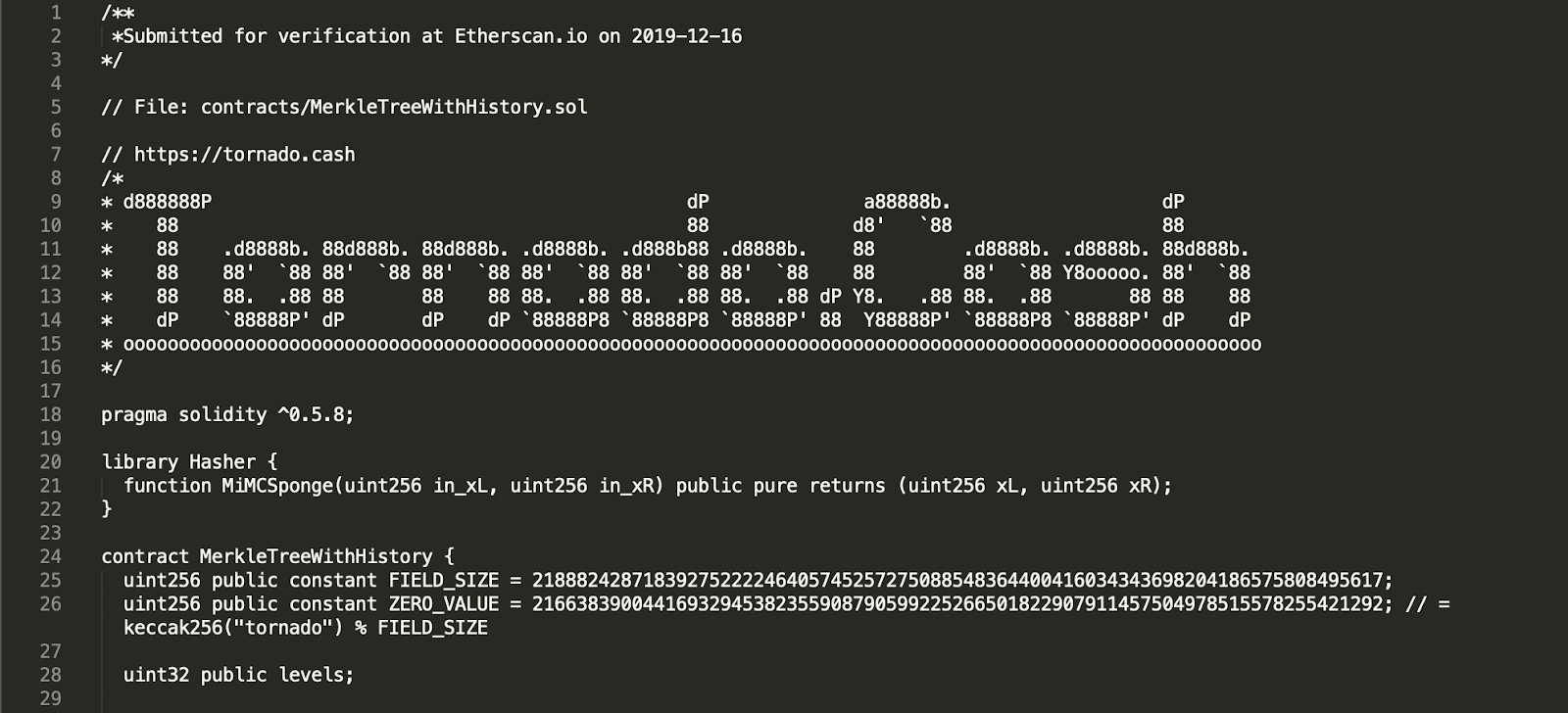Paradigm Files Van Loon Amicus Brief
TLDR: On Friday, Paradigm filed an amicus brief in the lawsuit that six Tornado Cash users brought to challenge the government’s unprecedented sanctioning of the Tornado Cash open-source code. Our argument is simple: OFAC is authorized to sanction only “people” or “entities,” and their “property.” Tornado Cash fits none of those definitions—it is merely open-source code.

In August 2022, the Office of Foreign Assets Control (“OFAC”) sanctioned Tornado Cash and added a list of related blockchain addresses to the Specially Designated Nationals List (“SDN List”),1 including the addresses of the immutable smart contracts that enabled the Tornado Cash “pools.” As a result of this unprecedented attempt to sanction open-source code, in September 2022, six Tornado Cash users filed suit against OFAC, arguing that the designation of Tornado Cash exceeded the agency’s statutory authority because Tornado Cash was not a “person,” “entity” or their “property” and also infringed on the Tornado Cash users’ constitutional rights of free speech and due process. In October, a similar lawsuit was filed by Coin Center. We have supported their efforts.
Responding to the lawsuits, in November 2022, OFAC redesignated Tornado Cash and attempted to clarify its position stating that the “person” it was sanctioning was the “entity known as Tornado Cash.” According to OFAC, this “entity” was composed of two loosely affiliated groups that, when joined together, gave life to a new Frankenstein-like legal “person.” The first half of the Tornado Cash “entity” was composed of the unnamed “founders and associated developers,” which in the context of open-source development, is a highly ambitious term that could include developers who indirectly contributed to Tornado Cash code. The second half of the “entity” was the “Tornado Cash DAO,” made up of every TORN token holder. As our amicus brief argues, OFAC’s novel theory that Tornado Cash is an unincorporated entity is wrong on the law. None of the developers or tokenholders expressed intent to work towards a common purpose, and that is required for the creation of an unincorporated association.
OFAC’s novel theory that “associated developers” could be conscripted into joining a legal entity by virtue of making contributions to open-source code should also be rejected because it threatens the viability of open-source development in the United States. When a developer makes a pull request on GitHub, they are not signing up to be a member of a legal entity. They are simply writing code, which is speech protected by the First Amendment. While OFAC has not sanctioned any of the individual developers or tokenholders to date, they still maintain the power to do so in the future.
Critically, OFAC’s expansive theory that all tokenholders plus developers constitute a legal entity could be applied in other contexts to crypto-enabled communities, like DAOs. To date, U.S. regulators like the CFTC have argued, erroneously in our view, that voting tokenholders constitute an unincorporated association. Here, OFAC is expanding the unincorporated association to include not only all tokenholders (instead of just those that voted), but critically also “associated developers.” If adopted, this theory could therefore materially expand liability for developers and tokenholders. That would be a dangerous loss for developers, tokenholders, crypto as a whole, and the U.S. itself, and we are happy to add our voice to the many crypto representatives speaking out against this case.
Paradigm will keep fighting to defend blockchain users’ right to privacy. If you have ideas for matters we should get involved in, please reach out to rodrigo@paradigm.xyz.
Footnotes
-
The SDN list contains all countries and regions subject to sanctions, and individuals, groups, and entities, which have their assets blocked and U.S. persons are generally prohibited from dealing with them. ↩